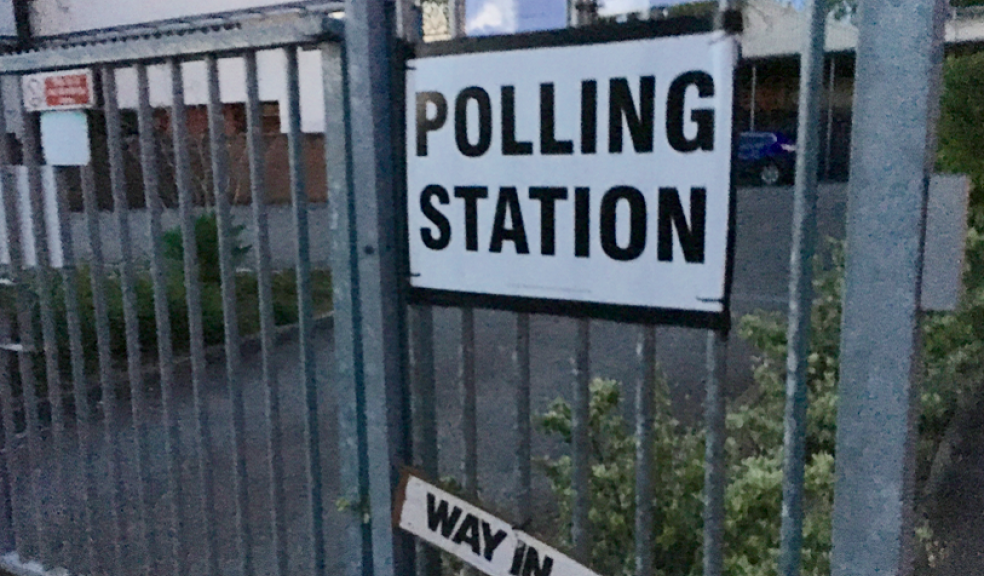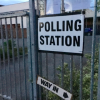
‘X’ marks the spot: Everything you need to know to vote in local elections
With just a few days to go before polling day the Electoral Commission, the independent body which oversees elections, is highlighting what voters need to know to vote in the elections and answering some of the most common questions and misconceptions.
The elections
4 out of 37 Local Authorities in the South West have elections on 3 May.
Local government elections select councillors, who are responsible for making decisions on running services in your local area.
People can find out if they have elections in their area on the Commission’s Your Vote Matters website.
Voting at a polling station
Polling stations will be open from 7am to 10pm on Thursday 3 May
Your poll card will tell you the location of your polling station, and you will find more information on how to take part at www.yourvotematters.co.uk
Depending on where you live, you will be asked to make either one, two or three choices on your ballot paper. Mark your choice(s) with an 'X'. This means that the one, two or three candidates – depending on how many you were asked to vote for – that receive the most votes will be elected.
Voters who have opted to vote by post need to make sure their postal ballot pack is returned by 10pm and can hand it in at their polling station if they don’t have time to return it by post.
Frequently asked questions
Photos: The Electoral Commission advises voters not to take photos inside their polling station as they could potentially breach the secrecy of the ballot requirements.
Pens and pencils: The use of a pen or pencil when completing the ballot paper is not specified in legislation. In the UK, pencils are traditionally used as they are less likely to transfer accidently, possibly spoiling a ballot, or to dry up like pens. Having said this, there is nothing to stop a voter from using a pen to make their vote.
Easy read guide: The Commission has produced an easy ready guide to the local elections with learning disability charity, Mencap. The guide explains the different types of voting including how vote at a polling station.
Reporting electoral fraud: The Commission and Crimestoppers, the independent crime reporting charity, are empowering voters to protect their vote and report any concerns about possible fraud to the Crimestoppers on 0800 555 111 or via their anonymous online form which can be found at www.crimestoppers-uk.org
Campaigning on polling day: There are no restrictions on campaigning on polling day as long as the candidate and the supporters do not unduly influence electors. However, campaigning is not allowed within the polling station.
More information on voting in the local elections can be found on the Commission’s Your Vote Matters website.













